Exploring how India is leveraging artificial
intelligence to drive innovation and solve complex problems across various
industries.
Artificial Intelligence (AI) is transforming industries
worldwide, and India is at the forefront of this revolution. From healthcare to
agriculture, Indian innovators are leveraging AI to address complex challenges
and drive efficiency. This blog delves into the advances India is making in AI,
highlighting key applications, leading institutions, and the future potential
of AI in the country.
Key Applications of AI in India:
Personal
Assistants:
AI personal assistants like Siri, Alexa, and Google Assistant have
become indispensable tools. They help manage schedules, set reminders, answer
queries, and even control smart home devices. These assistants use natural
language processing to understand and respond to user commands, making
interactions seamless and intuitive.
Healthcare:
AI is revolutionizing healthcare by improving diagnostics, treatment
plans, and patient care. Machine learning algorithms analyze medical data to
identify patterns and predict health issues. AI-powered chatbots provide
preliminary medical advice and triage, while robotic surgery enhances precision
and reduces recovery times.
Agriculture:
AI helps farmers
optimize crop yields, monitor soil health, and predict weather patterns.
Companies like CropIn are pioneering AI applications in agriculture. 'Kisan e-Mitra' an AI-powered chatbot to assist farmers
with queries about the PM Kisan Samman Nidhi scheme. This solution supports
multiple languages and is evolving to assist with other government programs.
National Pest Surveillance System for tackling the loss of produce due to
climate change.
Entertainment:
AI enhances entertainment experiences by offering personalized content
recommendations. Streaming services like Netflix and Spotify use AI algorithms
to analyze viewing and listening habits, suggesting shows, movies, and music
tailored to individual preferences. AI also powers video game characters,
creating more realistic and engaging gameplay.
Retail
and E-commerce:
AI is transforming the retail and e-commerce industry by improving
customer service and streamlining operations. Chatbots assist customers in
finding products and answering queries. AI-driven recommendation engines
suggest products based on browsing history and purchase behavior, enhancing the
shopping experience.
Education:
In education, AI facilitates personalized learning experiences. Adaptive
learning platforms adjust content and pace based on individual student
performance. AI tutors provide additional support and feedback, helping
students understand complex subjects. AI also automates administrative tasks,
allowing educators to focus on teaching.
Transportation:
The transportation sector is experiencing significant changes with the advent of AI. Self-driving cars, developed by companies like Tesla and Waymo, use AI to navigate roads and avoid obstacles. AI also optimizes traffic management, reduces congestion, and improves public transportation systems through predictive analytics.
Smart Home Devices:
Smart home devices, powered by AI, are making our homes more efficient and convenient. Devices like Amazon Echo and Google Home use voice recognition to control lights, thermostats, and security systems. AI-driven appliances, such as smart refrigerators and vacuum cleaners, learn our preferences and routines to offer tailored services.
Challenges
and Ethical Considerations:
While AI brings numerous benefits, it also poses challenges and ethical
concerns. Issues such as data privacy, job displacement, and algorithmic bias
need to be addressed. Ensuring transparency, accountability, and ethical use of
AI technologies is crucial to mitigate potential risks.
Conclusion:
AI's impact on everyday life is profound and far-reaching. As AI
technologies continue to evolve, they will further enhance convenience,
efficiency, and personalization in various aspects of our lives. However, it is
essential to navigate the challenges and ethical implications to ensure AI's
positive and equitable integration into society.

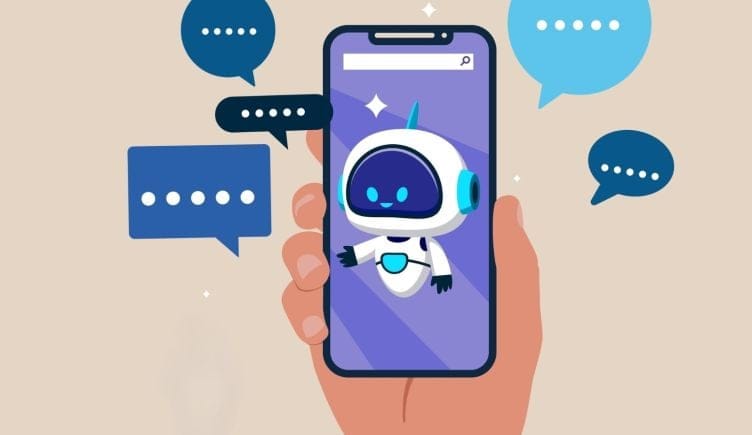

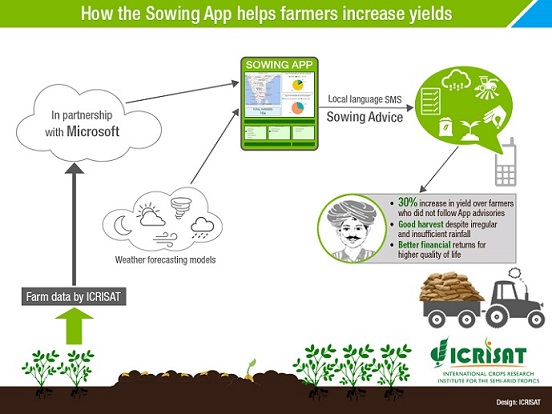

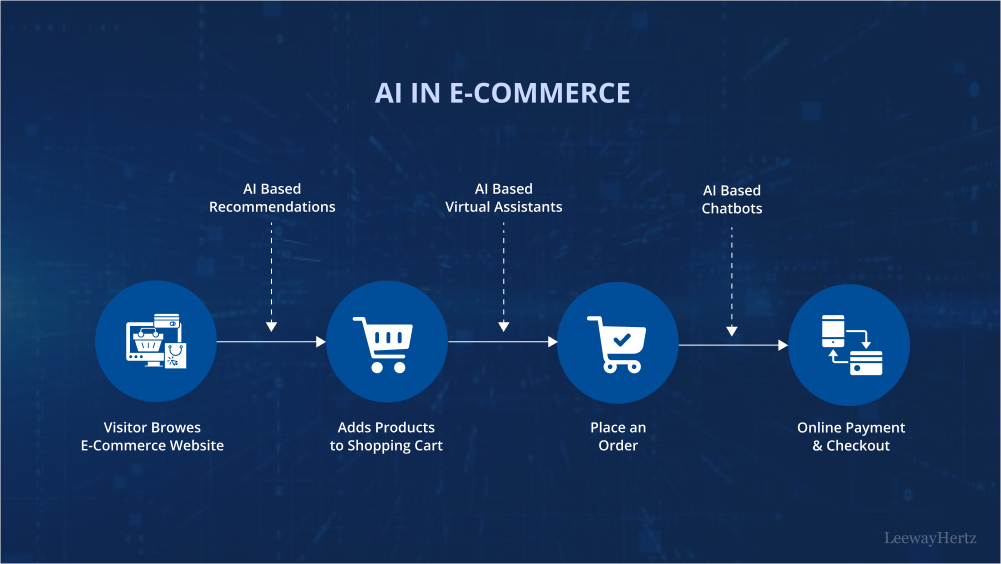
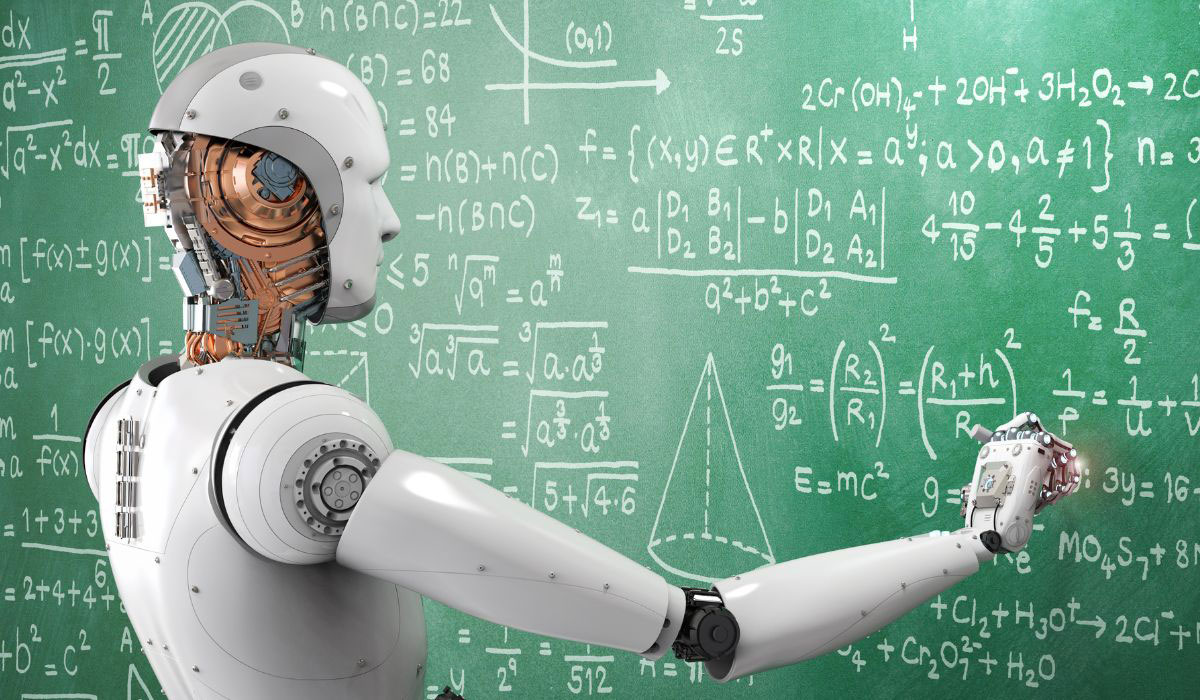
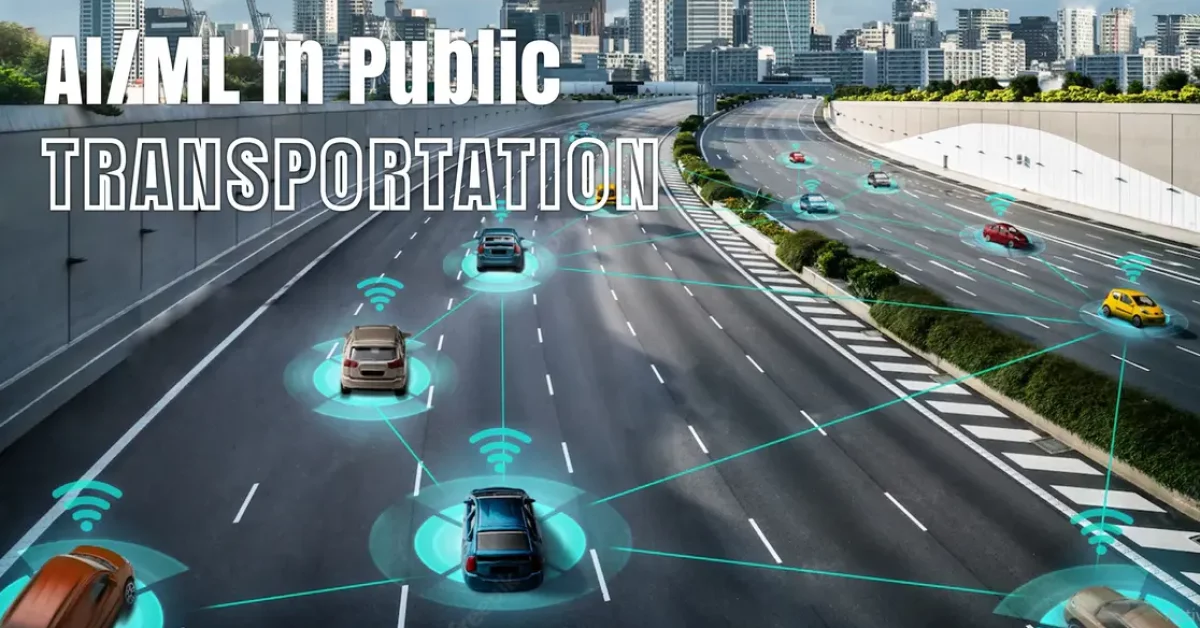


No comments:
Post a Comment